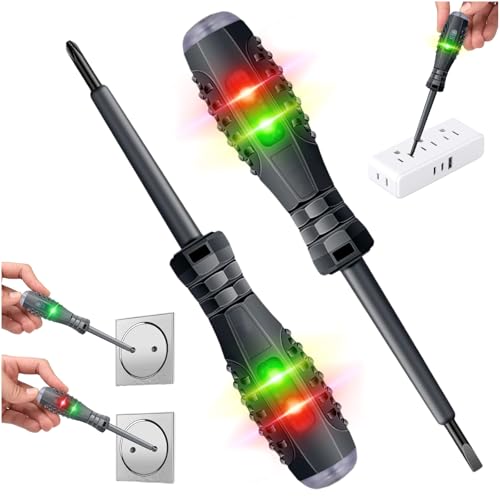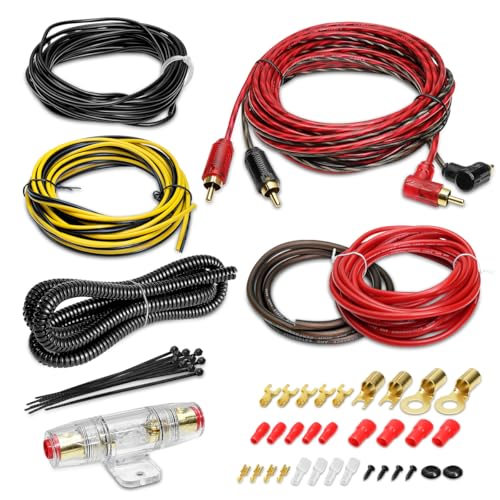Hi Diane,
Just though i would send you a sensible clear answer as to how the terms would be used in "everyday" english by "ordinary people".... In order to test an electrical circuit, yes, you would normally use some form of "circuit tester". This would mean that you had to carry out several tests and be able to understand the results and interpret them to see what the problem, if any, was..
A "plug in analyser" would generally infer a much more simple to use device that you would just plug in, and then the device would do the testing for you automatically, and then for example,show a red light if there was a fault. A sort of simple "pass or fail" test..
This kind of device would mainly be used by amateurs....
See it like this. A circuit tester might be analogous to the fuel gauge on your car, it might say "20 litres" and you yourself would have to decide if you had enough fuel, whereas an "analyser" might be compared to a simple light that came on to tell you that the fuel was low....
As my friends have suggested, there ARE "analysers" that are very specialised devices, but these would only be used by highly qualified specialists, so i think you can forget about them for your purposes..
Hope this helps....
john..
































































